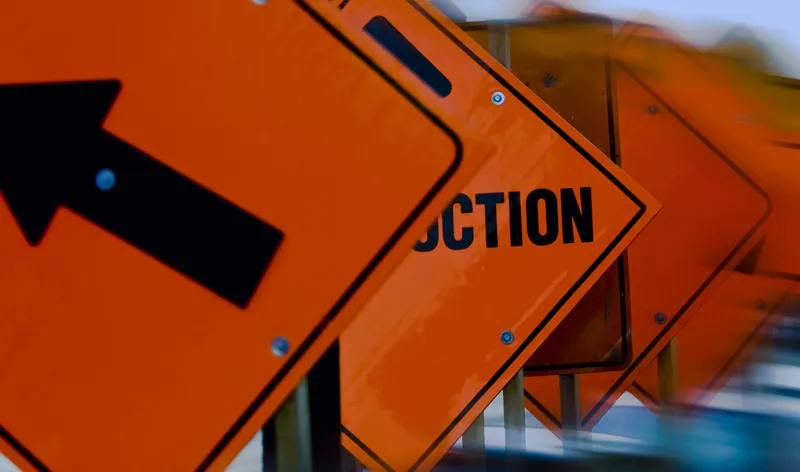A new survey from the US Insurance Institute for Highway Safety (IIHS) finds that DC residents overwhelmingly support both red light and speed cameras. Although some residents expressed mixed opinions on the cameras, among those surveyed, 87 per cent support red light cameras and 76 per cent favour speed cameras. Among drivers, about 71 per cent support speed cameras, while 90 per cent of non-drivers support them, according to the survey. Metropolitan Police Department spokeswoman Gwen Crump cited statistic
May 1, 2013
Read time: 2 mins
A new survey from the US 7120 Insurance Institute for Highway Safety (IIHS) finds that DC residents overwhelmingly support both red light and speed cameras.
Although some residents expressed mixed opinions on the cameras, among those surveyed, 87 per cent support red light cameras and 76 per cent favour speed cameras. Among drivers, about 71 per cent support speed cameras, while 90 per cent of non-drivers support them, according to the survey.
Metropolitan Police Department spokeswoman Gwen Crump cited statistics showing a 73 per cent decrease in traffic fatalities in the District since the introduction of the city's speed cameras in 2001.
"Despite DC's camera program being portrayed in the media as very unpopular and unfair, our survey shows people really support them," says IIHS researcher Anne McCartt.
The study also asked drivers about stop sign and crosswalk cameras. Here, residents were largely split on the issue, with 50 per cent supporting the stop sign cameras and 47 per cent supporting crosswalk cameras. DC police are hoping to unveil both types of cameras within the next year.
Although some residents expressed mixed opinions on the cameras, among those surveyed, 87 per cent support red light cameras and 76 per cent favour speed cameras. Among drivers, about 71 per cent support speed cameras, while 90 per cent of non-drivers support them, according to the survey.
Metropolitan Police Department spokeswoman Gwen Crump cited statistics showing a 73 per cent decrease in traffic fatalities in the District since the introduction of the city's speed cameras in 2001.
"Despite DC's camera program being portrayed in the media as very unpopular and unfair, our survey shows people really support them," says IIHS researcher Anne McCartt.
The study also asked drivers about stop sign and crosswalk cameras. Here, residents were largely split on the issue, with 50 per cent supporting the stop sign cameras and 47 per cent supporting crosswalk cameras. DC police are hoping to unveil both types of cameras within the next year.









